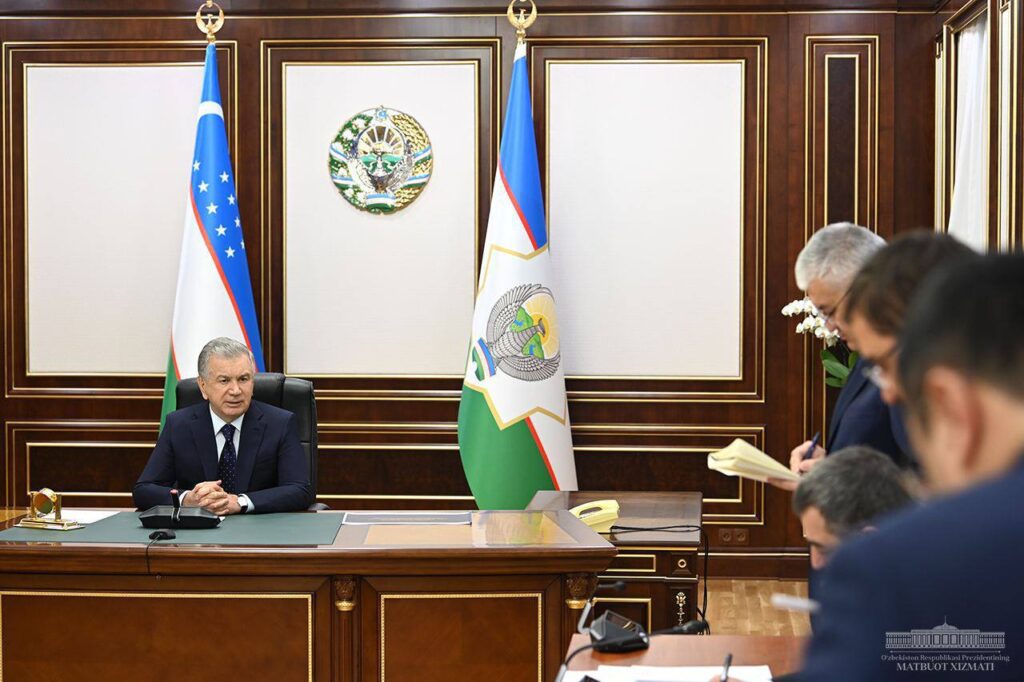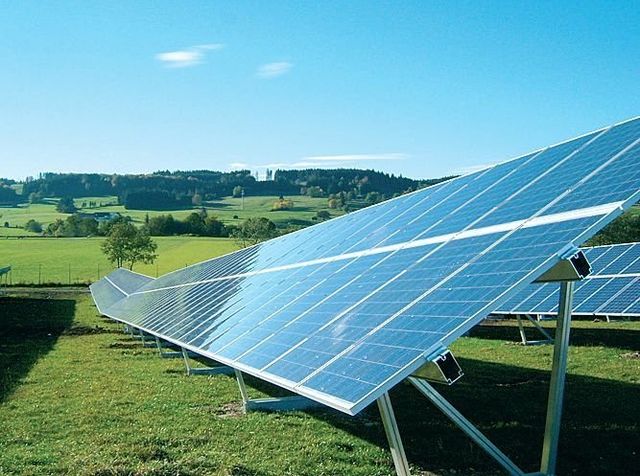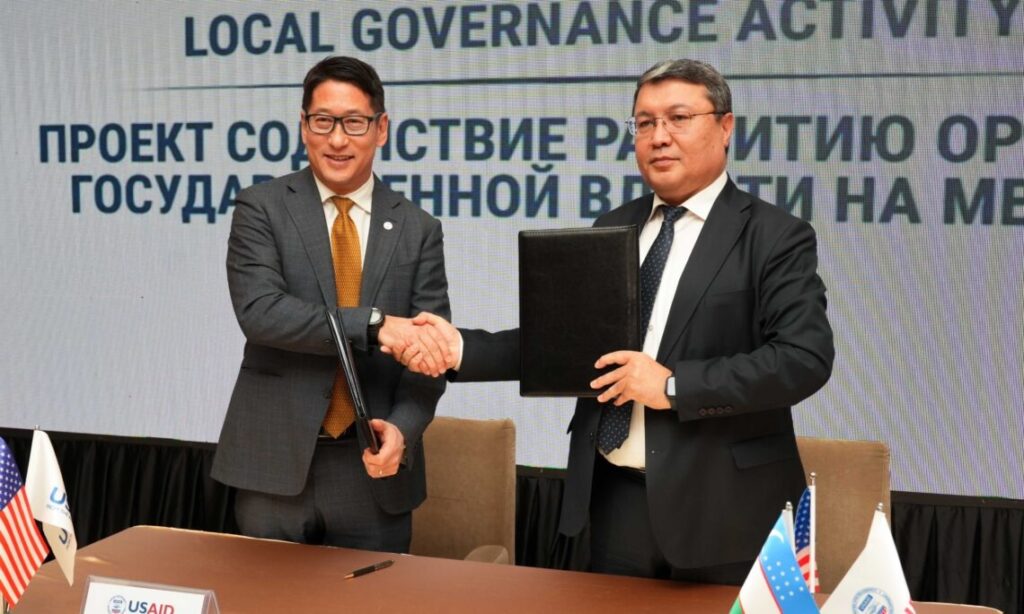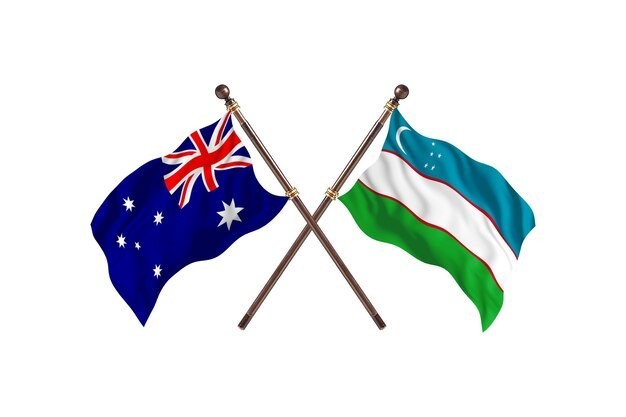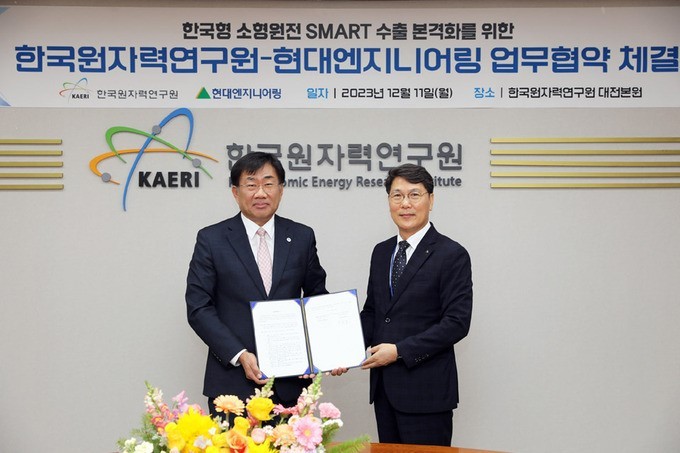Uzbekistan to Drill Deeper for Natural Gas
Uzbekistan to Drill Deeper for Natural Gas A government meeting chaired by President Shavkat Mirziyoyev on December 18th discussed the country’s geological exploration program for 2024. At the meeting, it was stated that work is being carried out in two directions: maintaining natural gas production volumes at existing fields and discovering new reserves. In recent years, the depth of geological exploration has been increased from 2-3 kilometers to 4-5 kilometers. As a result, new gas reserves were discovered and an additional 4.4 billion cubic meters were produced. An international consulting company was also involved in this work, which helped to identify many promising areas. Next year, it is planned to carry out seismic work on an area of 3,500 square kilometers and drill new exploratory wells. The meeting considered the ways to transition geological drilling to a depth of 6-7 kilometers using advanced technologies. The issue of attracting foreign investment in the sector was also discussed. In recent years, Uzbekistan’s natural gas industry has experienced problems due to the depletion of reserves at existing fields. This year, Uzbekistan started importing natural gas from Russia through Kazakhstan.


